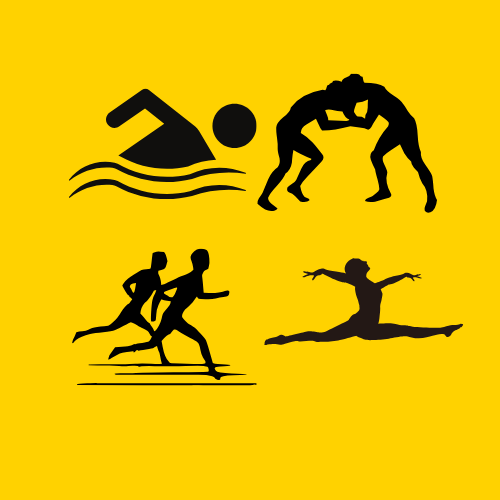
The DQ Drama: A Tough Lesson for Cole Hocker
In the world of competitive sports, split-second decisions can alter destinies forever. This truth was starkly illuminated during the recent World Championships, where U.S. athlete Cole Hocker found himself embroiled in a disqualification decision that rippled through the track and field community.
During the 1500-meter semifinal, Hocker, a gold medalist at the Paris Olympics, was caught in a precarious situation—sandwiched between two competitors. In a bid to break free from the compact crowd on the homestretch, he attempted to elbow past Germany’s Robert Farken. This move, though instinctive in the heat of competition, led to his disqualification due to what officials deemed “jostling.” The ramifications of this moment have sparked a debate on the competitive nature of the sport and the interpretation of its rules.
Understanding the Rule: What Constitutes Jostling?
The essence of track and field, particularly in the middle-distance events like the 1500, involves not only speed but also strategic positioning. Rules regarding jostling are intended to maintain fairness and protect the athletes from reckless play. According to the World Athletics regulations, “jostling” is described as any action that causes unfair interference with other competitors. This definition is crucial for officials and, unfortunately, can often be subjective.
Hocker's actions may have been a natural reaction to regain his position, yet the strict enforcement of this rule raises questions about its execution. Are the current guidelines adequately protective of athletes, or do they restrict aggressive, competitive spirits?
Lessons for Coaches: Strategy and Communication
For coaches and athletes alike, this incident serves as a crucial lesson in the importance of strategy and communication during races. Training not only focuses on physical capabilities but also on mental agility during tense moments. Athletes must learn to navigate tight packs without resorting to aggressive maneuvers that could result in penalties.
As a coach, discussing scenarios where athletes might be tempted to push boundaries is vital. Simulation of race conditions in training can equip athletes to understand their limits and develop strategic responses to competing in close quarters.
Future Competitions: What Lies Ahead?
Looking forward, how will this incident impact Hocker's approach in future competitions? The track and field community holds its breath in anticipation as Hocker prepares for subsequent events. Will this experience mold him into a more seasoned competitor, capable of balancing aggression with caution? Only time will tell.
Moreover, proponents of the sport are calling for a review of the existing jostling regulations. Future modifications to these rules would not only help safeguard athletes but also preserve the integrity of competitive spirit.
Emotional Resilience: The Personal Side of Competition
The emotional toll of disqualification is profound. For Hocker, what should have been a moment of glory turned into a public learning experience. How can athletes cultivate resilience in the face of such setbacks? Developing mental fortitude is as important as physical training. Mindfulness, positive affirmations, and mental health discussions should be integral parts of an athlete's training regimen, preparing them for unforeseen challenges and the societal pressures of high-stakes competition.
Conclusion: A Call to Action for Athletes and Coaches
The disqualification of Cole Hocker from the World Championships has opened up a larger conversation about competition ethics, training methodologies, and emotional resilience in sports. As this discourse unfolds, athletes and coaches alike are urged to adapt their strategies in preparation for both the competitive challenges ahead and the ever-evolving landscape of sports regulations.
As fans and stakeholders, let’s stay engaged. Support your favorite athletes, advocate for clear and fair rules, and promote mental resilience in sports!
 Add Row
Add Row  Add
Add 




Write A Comment